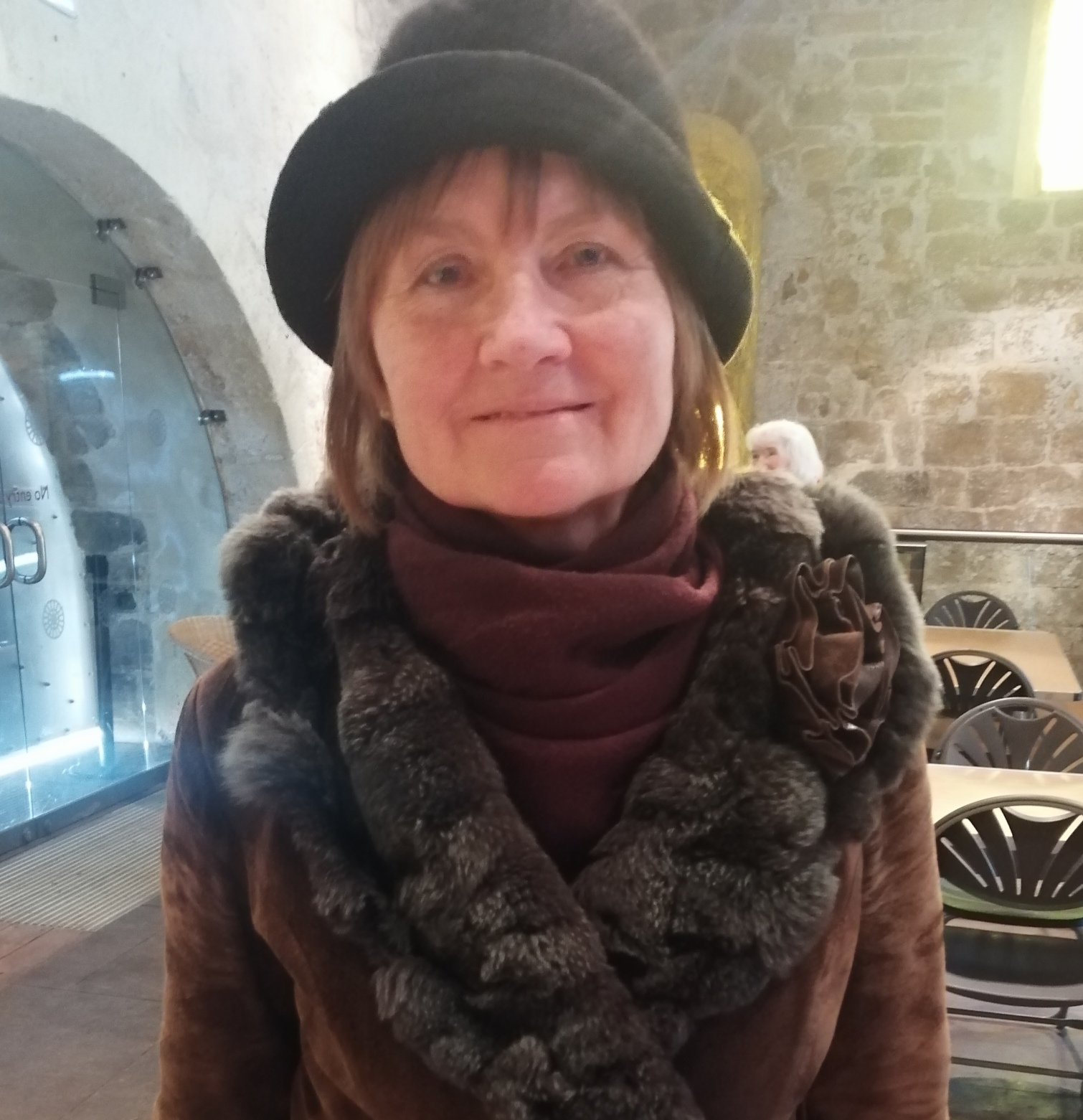
At that point, I felt shivering - such a coincidence, quite unpremeditated, made me feel as if I am meeting with a force greater than myself.
Natasha
I have been retired for thirteen years, but I retired much earlier than many other people. I would like to narrate something that happened to me thirty years ago - I was then in my mid-thirties.
One Sunday morning, I was overcome with a familiar feeling of yearning, longing for something. I stood at the window of my house, looking out and trying to grapple, and struggling with that feeling. In the past I would always distract myself from it - either call a friend or go for a walk, or otherwise try to evade the feeling. But this time I decided not to and stay with it, because I thought “It will catch up with me again - I’d better handle it.”
And so I, in a sense, suspended my will. I thought “I will only do that which my intuition conveys me towards.” So, a thought just occurred to me - “I want to come down and make a cup of coffee”, which I did. And then I thought “Hmm, have breakfast with my daughter”, which we did together. All this time, I didn't make any plans or any decisions. Then I had a notion that I would like to memorise a poem by Russian poet Alexander Pushkin, of which I will convey the meaning in English.
It's about a man who was overcome with longing while walking in the desert. He encountered a winged seraph on his perambulations through the desert. The angel approached him and touched his eyes, and the man’s vision had expanded - all of a sudden he could see much further and much deeper.
The seraph touched his ears, and the man was overcome with the sounds of the world - he could discern the movement of deep-sea creatures in distant oceans and the flight of birds in distant lands. Then the seraph pulled his tongue out and instead inserted the tongue of a white serpent into his mouth. At that point, the man collapsed and lay unconscious on the ground. But the seraph’s job was not finished - he cleaved the man's chest, plucked out his heart, and instead put a burning coal into his chest, and then left having done this deed.
As a cadaver, the man was lying in the desert and then heard the voice of The Almighty calling to him - “Rise oh Profit, and see all and hear all, and with your wise tongue, say that which is righteous in order to inflame the heart of people.”
So, that is the meaning of the poem.
After I had memorised that poem, I had the notion that I would like to read an essay of an author whose name I learned just before that event - it was Michel de Montaigne, a 16th century French philosopher. One of those essays, when I looked - I happened to have a book - was number 39, as I remember, and it was of solitude, because that was mainly the state of my life.
I started reading the essay, and very soon I came across a Latin expression - ‘Post equitem sedet atra cura’, which means ‘Behind the rider sits black care’. That means, however fast you ride, your cares and anxieties will always be with you - you cannot escape them.
As soon as I had read it, I felt I didn't want to read it anymore. So I closed it, I had lunch with my daughter, and then sat and thought for a while, and decided to pull another book from the shelf, which was Victor Hugo's ‘Notre-Dame de Paris’.
I started reading the book - it was in Russian, but on about the third or fourth page I came across the expression in Latin - ‘Post equitem sedet atra cura’.
At that point, I felt shivering - such a coincidence, quite unpremeditated, made me feel as if I am meeting with a force greater than myself. I started crying - these were tears of release, and I felt almost ecstatically calm, as if I had met some greater force than myself
For the rest of the day I felt so blissful, which was very different from the way I felt in the morning. And from then on, I trusted myself to find a way if I only let it, that which is within me. And that is the story I wanted to narrate.